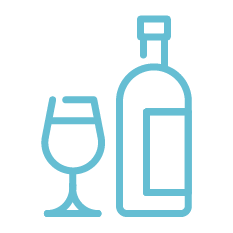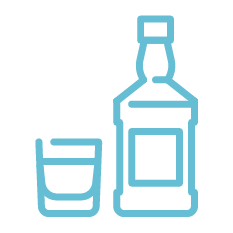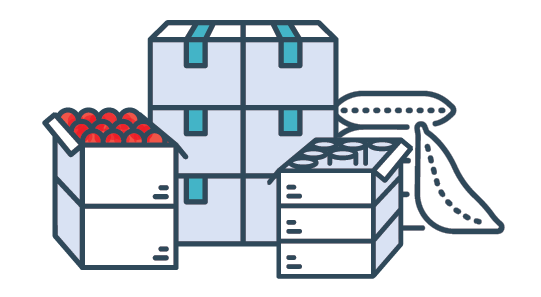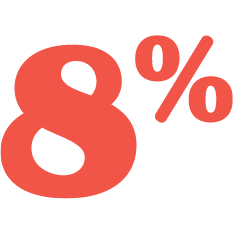The Domino Effect of Food Shortages and Illicit Trade
The COVID-19 pandemic created critical shortages of basic food necessities worldwide. Workers were unavailable to help harvest produce, and supply chains stalled. When facing a lack of genuine or affordable raw material, INTERPOL and Europol’s Operation OPSON IX Analysis Report found that dishonest producers used low quality or unsuitable ingredients, resulting in “an increase of illegal, counterfeit, and potentially unsafe food on the market.” OPSON IX convened administration and law enforcement agencies from 77 countries, as well as private industry partners, to track counterfeit or subpar food seizures and trends in 2020.
Results
| 27,579 | 407 | 19 |
| Checks | Arrests | Organized Crime Groups Disrupted |
The number of checks is only 39 percent of the amount reported in the previous year’s OPSON results, while criminal cases are a mere 13 percent of the OPSON VIII rate. COVID-19 and lockdown measures—as well as supply chain transportation difficulties—most likely affected criminals, as well as countries.
Illegal and Potentially Harmful Products Seized
12,000 tons
of product seized
2 million liters
of fake and substandard drinks
Estimated Retail Value of $40,046,068
Most Seized Items
   |
   |
|
Raw Animal Feed Contaminated or adulterated raw animal feed has the potential to affect the entire food supply chain, according to the OPSON report. |
Alcoholic Beverages $5.8 million worth of illicit or unsafe alcohol was seized. Most of the alcohol seized was wine, followed by vodka and whiskey. |
Intellectual Property Infringements
8 percent of total seizures were related to counterfeiting.
Whether related to trademark, copyright, or geographic indications of origin, intellectual property rights were violated in 132 reports during Operation OPSON, mostly in connection with alcoholic beverages, condiments, and meat products.


